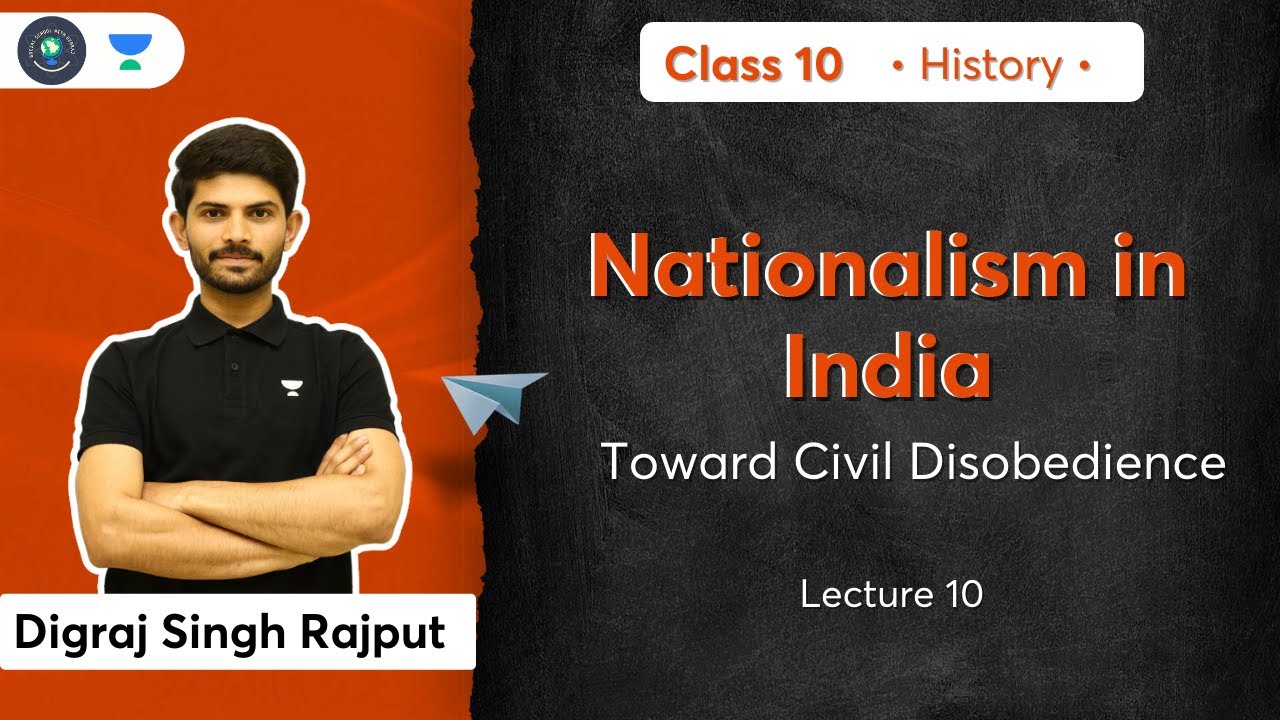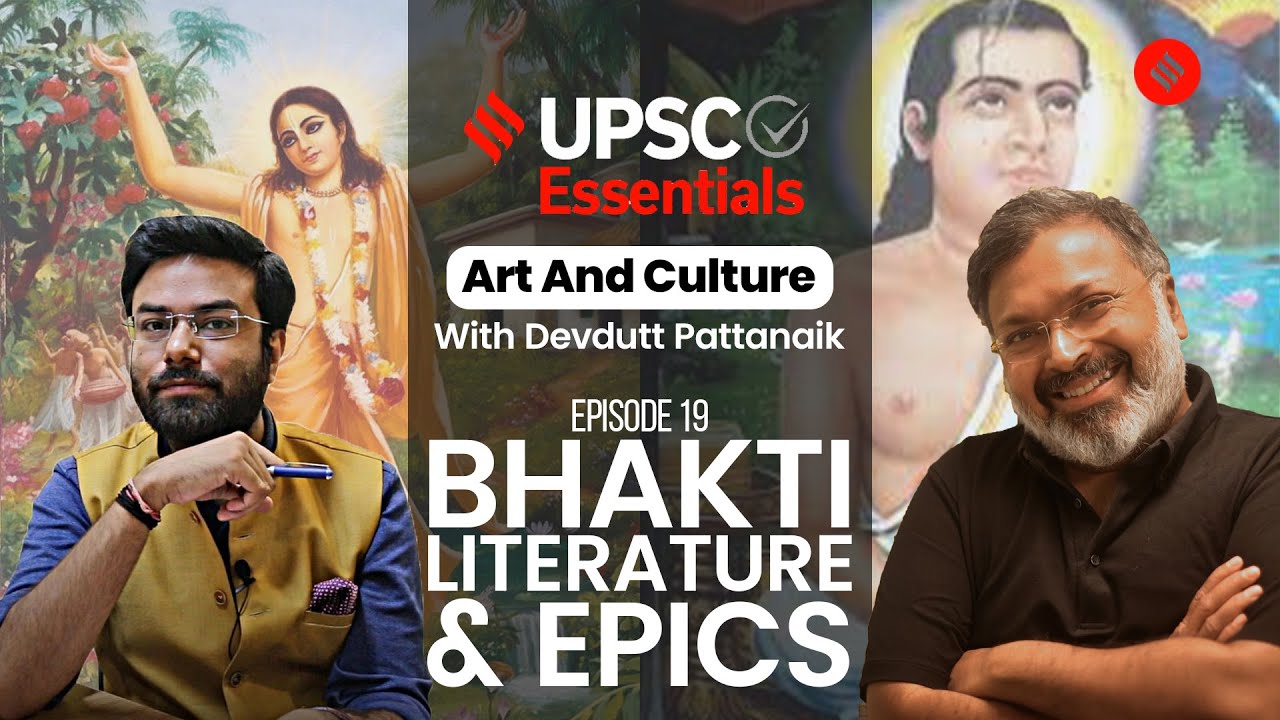Why are IITs so Tough to Crack?
Summary
TLDRThe video script delves into the prestige of the Indian Institute of Technology (IIT) and its role in nurturing successful entrepreneurs and leaders. It explains the rigorous selection process of IITs, where only 0.8% of applicants are admitted, highlighting the institute's focus on intellectual depth and practical application. The video emphasizes the unique academic culture that encourages questioning and out-of-the-box thinking, with students being assessed on their ability to generate insightful questions and solve complex problems creatively. Beyond academics, IITs provide a platform for practical skill development through competitions and seminars, equipping students with financial literacy, resource optimization, and networking skills. The script also underscores the importance of an all-rounded educational experience that fosters individuality and innovation, as opposed to a system that produces identical graduates. It concludes with a call to action for students to seek out environments that promote such holistic learning and personal growth.
Takeaways
- 🏫 Indian Institute of Technology (IIT) is a prestigious institute in India known for producing successful tech and engineering graduates, including CEOs of major companies like Google and founders of unicorn startups.
- 🎓 The admission process to IITs is highly competitive, with only 0.8% of applicants being selected, and it involves multiple stages of exams and interviews.
- 📚 IITs focus on fostering intellectual and technical depth in students, moving beyond rote learning to encourage curiosity and out-of-the-box thinking.
- 🤖 Practical application of knowledge is emphasized through various competitions like E-Yantra Robotics and Urban Futurism, which challenge students to solve real-world problems.
- 💼 Financial literacy and investment strategies are taught through seminars and competitions, equipping students with essential skills for entrepreneurship.
- 🏆 Resource optimization skills are developed through competitions like TaskWiz, where students strategize business models for profitability.
- 🔗 Networking is crucial for entrepreneurship, and IITs provide opportunities for students to build valuable connections through various clubs and events.
- 📈 IITs were established with the objective of creating a task force of talented youth to build India's infrastructure and contribute to the country's development.
- 🌟 The success of IITians can be attributed to a combination of intellectual and technical depth, a culture of curiosity, practical knowledge, soft skill development, and networking.
- 📚 The script advocates for a change in the broader education system, encouraging creativity, problem-solving, and innovation rather than just rote learning and exam preparation.
Q & A
What is the Indian Institute of Technology (IIT) known for?
-IIT is known as India's top tech and engineering institute, renowned for producing successful entrepreneurs and leaders in various industries, such as Sundar Pichai of Alphabet and the founders of Flipkart.
What is the significance of the number 111 in the context of IITs and unicorn companies?
-111 refers to the total number of unicorn companies (companies valued at over $1 billion), out of which 90 have founders who are alumni of IITs.
What is the basic process for enrolling in IITs?
-To enroll in IITs, a student must first qualify for the Joint Entrance Examination (JEE) Mains by scoring 75% in 12th standard. Out of approximately 12 lakh students who attempt JEE Mains, only the top 2.5 lakh students can move forward to JEE Advanced, and from there, only the top 10,000 students are admitted to IITs.
Why is it difficult for ordinary students to get admission into IITs?
-It is difficult because the selection process is highly competitive, with only 0.8% of the 12 lakh students who originally apply being selected for admission.
What additional filtration process do the most prestigious IIT colleges employ?
-The most prestigious IIT colleges, such as IIT Bombay, Delhi, Kharagpur, or Madras, conduct personal one-on-one interviews to further filter the candidates.
What is taught in IITs that contributes to the success of its students?
-IITs provide a comprehensive education that includes intellectual and technical depth, practical knowledge through competitions and events, soft skill development, and networking opportunities.
How does IITs' academic education differ from other universities and colleges?
-IITs focus on conceptual understanding and out-of-the-box thinking, with unique exams that encourage students to ask and answer deep, fundamental questions.
What types of competitions are available for IIT students to apply their technical skills practically?
-Competitions such as the E-Yantra Robotics Competition and Urban Futurism challenge students to use AI, Big Data Analytics, and coding knowledge to create smart solutions for real-life problems.
How do IITs help students develop financial literacy and investment strategies?
-IITs conduct seminars on money management and competitions like the Cash Flow Competition, where students are given investment data to strategize and evaluate their investment decisions.
What role do clubs in IITs play in the development of entrepreneurial skills?
-Clubs like the Entrepreneurship Cell and various interest-specific clubs provide networking opportunities and help students develop resource optimization skills and business strategies.
What is the main message of the video regarding education and learning?
-The main message is that education should focus on fostering creativity, problem-solving, and innovation, rather than just rote learning and achieving high marks.
Outlines

This section is available to paid users only. Please upgrade to access this part.
Upgrade NowMindmap

This section is available to paid users only. Please upgrade to access this part.
Upgrade NowKeywords

This section is available to paid users only. Please upgrade to access this part.
Upgrade NowHighlights

This section is available to paid users only. Please upgrade to access this part.
Upgrade NowTranscripts

This section is available to paid users only. Please upgrade to access this part.
Upgrade NowBrowse More Related Video

IAT 2023 Chemistry Previous Year Questions with Detailed Solutions

IIIT Bhagalpur college review | admission, placement, cutoff, fee, campus

Partition of Bengal 1905 | Swadeshi and Boycott movement | Full history @ParchamClasses

ugc net Sociology : samajik starikaran। सामाजिक स्तरीकरण। Social stritifaction

Class 10: Nationalism in India | Toward Civil Disobedience | L-10 | History | Digraj Sir

Bhakti Literature & Epics: Know In Art & Culture With Devdutt Pattanaik EP19 | UPSC Essentials
5.0 / 5 (0 votes)